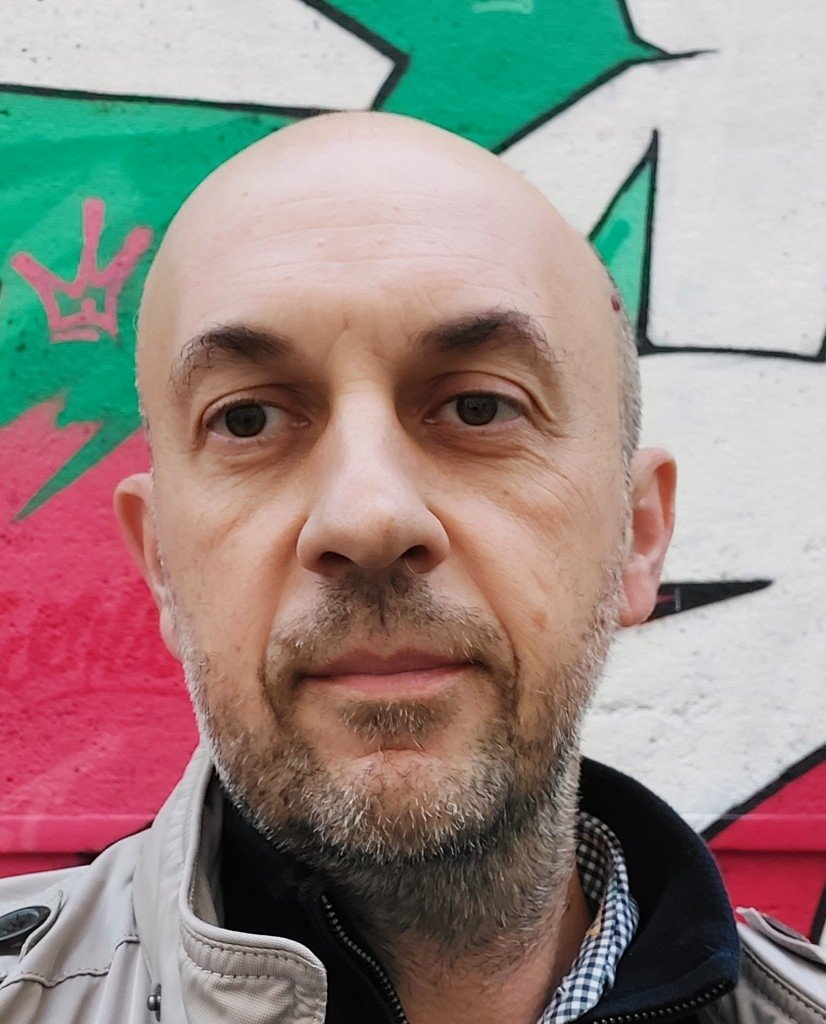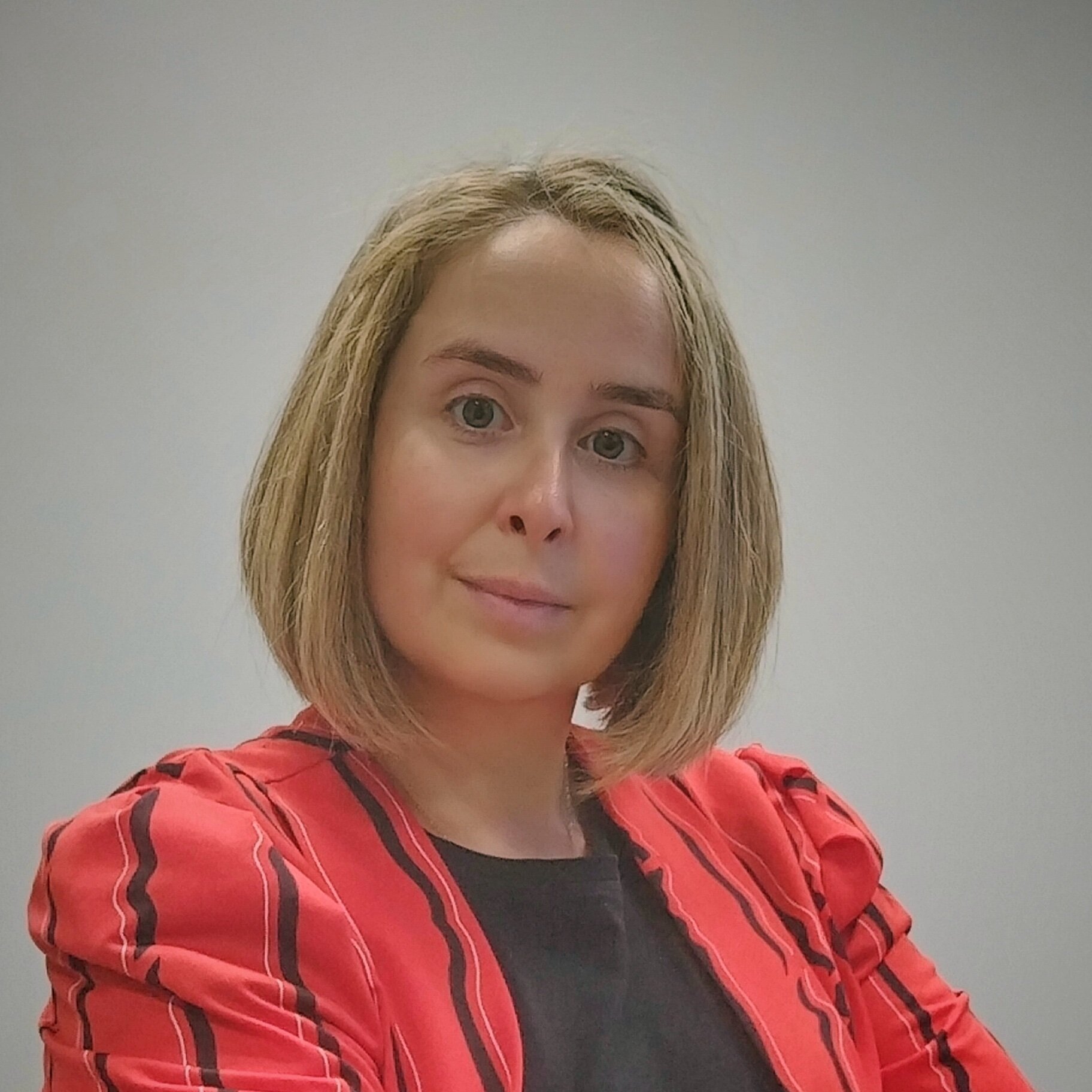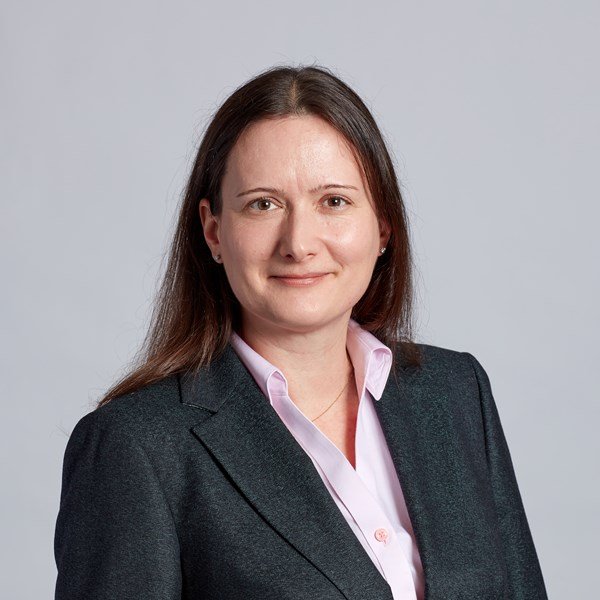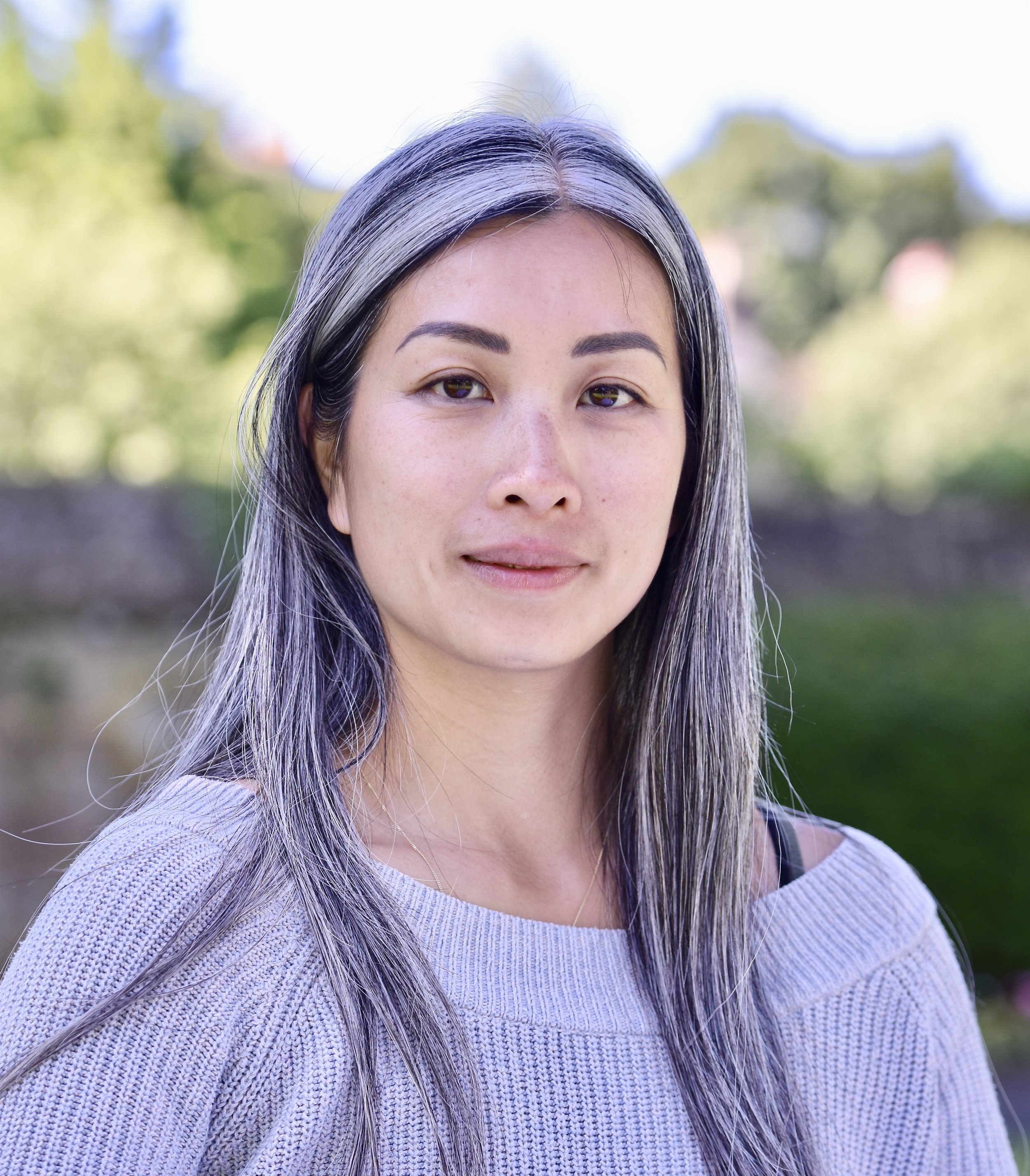About the European Patent Attorney profession
There are about 14500 European Patent Attorneys on the EPO's list of professional representatives.
I am one of them 😊
Would you like to know more about what we do?
Hi, I‘m Zsofia,
And my passion is supporting the next generation of Patent Attorneys.
I created this page to help you decide if this career is for you.
With a graduate aspiring to become a Patent Attorney, we created a list of interesting questions, and I asked European Patent Attorneys with different positions and backgrounds to answer them.
In addition, I also talked to 3 headhunters who work exclusively in IP and asked them questions you would want to ask.
So, here is a quick look behind the scenes to show you what we do.

Why does one become a Patent Attorney?
What does an average workday look like?
What kind of tasks are European Patent Attorneys responsible for?
What are the least favourite tasks of a European Patent Attorney?
What advice would they give to someone who wants to become a Patent Attorney?
INTERVIEWS
about the European Patent Attorney profession

Peter Thissen
These highly experienced recruiters work exclusively in IP. I believe that these interviews provide valuable information for candidates and show a different point of view about our European Patent Attorney profession.
Kieron Wright
Julian Adamson
Sara Frykstrand Angström
Dragan Coric
Katerina Hartvichova
Nicole Anna Marusic
Georgios Zografos
Pete Pollard
Olivia Tsang
Ignacio Lobato
Rui Gomes
Nyske Blokhuis
Marija Tomic
Jiri Slavik
Susi Fish
Andreas Gehring
Coming soon
Coming soon
Coming soon
Coming soon

New interviews will keep coming!
If you have any specific request, please feel free to let me know.
Becoming a European Patent Attorney
-
Basically, to become a European Patent Attorney, you need to pass the European Qualifying Exams (EQEs) and have a place of business or employment in one of the EPC Contracting States. After passing the EQE exams, you must request to be registered as a European Patent Attorney. From then onwards, you will have to pay an annual subscription fee in order to maintain your right to practice.
However, it is not that simple to take the EQEs… In order to be allowed to register as a candidate and enrol to the exams, there are multiple requirements.
Firstly, you must possess a scientific or technical qualification - for example, in biology, biochemistry, chemistry, electronics, pharmacology or physics. Secondly, you must complete certain years of professional activity.
-
There are 3 options, as described in Art.11(2) of the Regulation on the European qualifying examination for professional representatives.
At the date of the examination, candidates must have trained for at least three years (two years for the pre-examination) full-time under the supervision of a professional representative; or at least three years full-time as an employee dealing with patent matters in an industrial company established in one of the EPC Contracting States, representing the employer before the EPO in accordance with Article 133(3) EPC.
Alternatively, you can also enrol to the EQEs if you worked as an EPO examiner for at least four years (three for the pre-examination) full-time.
-
Good news, you can become a European patent attorney in that case too.
Rule 14 of the Implementing provisions to the REE states that ten years of experience may be considered an equivalent level of scientific and/or technical knowledge.
This ten years of experience must be in the activities defined in Article 11(2)(a) REE, so
either under the supervision of one or more persons entered on the list of professional representatives before the EPO,
or in the employment of a natural or legal person whose residence or place of business is in an EPC contracting state, representing the employer before the EPO in accordance with Article 133(3) EPC.
-
In principle, yes (see Art.134(2)(a) EPC).
However, the President of the European Patent Office (EPO) may grant exemption from this requirement, and this is often the case.
Such an exemption may be granted if you have lived for a period of at least four years in an EPC contracting state, are employed at a patent law firm or in the patent department of a company and have shown a real intention to stay there on a permanent basis and practise as a European Patent Attorney.
You should supply a letter of motivation and documentary evidence (e.g. certified copies of confirmation of employer, residence permit, proof of rent, date of first entry into the contracting state, etc.).
-
As you probably read in the interviews above, there are many different career journeys and job options in the IP profession.
As a qualified European Patent Attorney, you can work at private patent firms or in in-house IP departments in any of the EPC contracting states. These are the more known and traditional options.
However, you might also be able to find something less traditional, such as working as a freelancer or in education, or you can also mix these up. It’s the 21st century, you don’t have to fit in a box anymore!














































